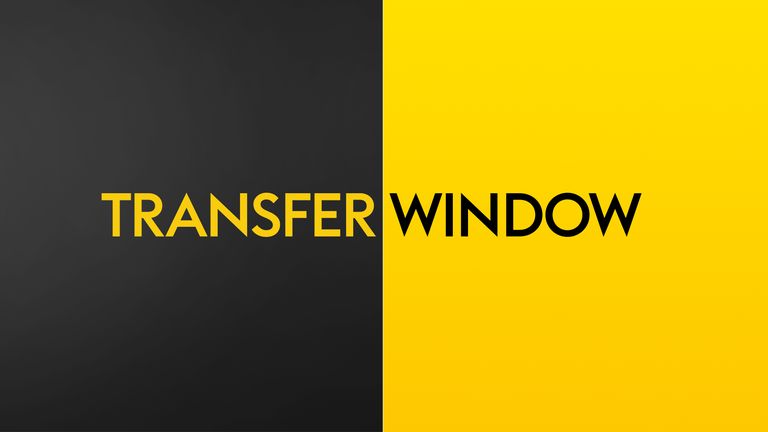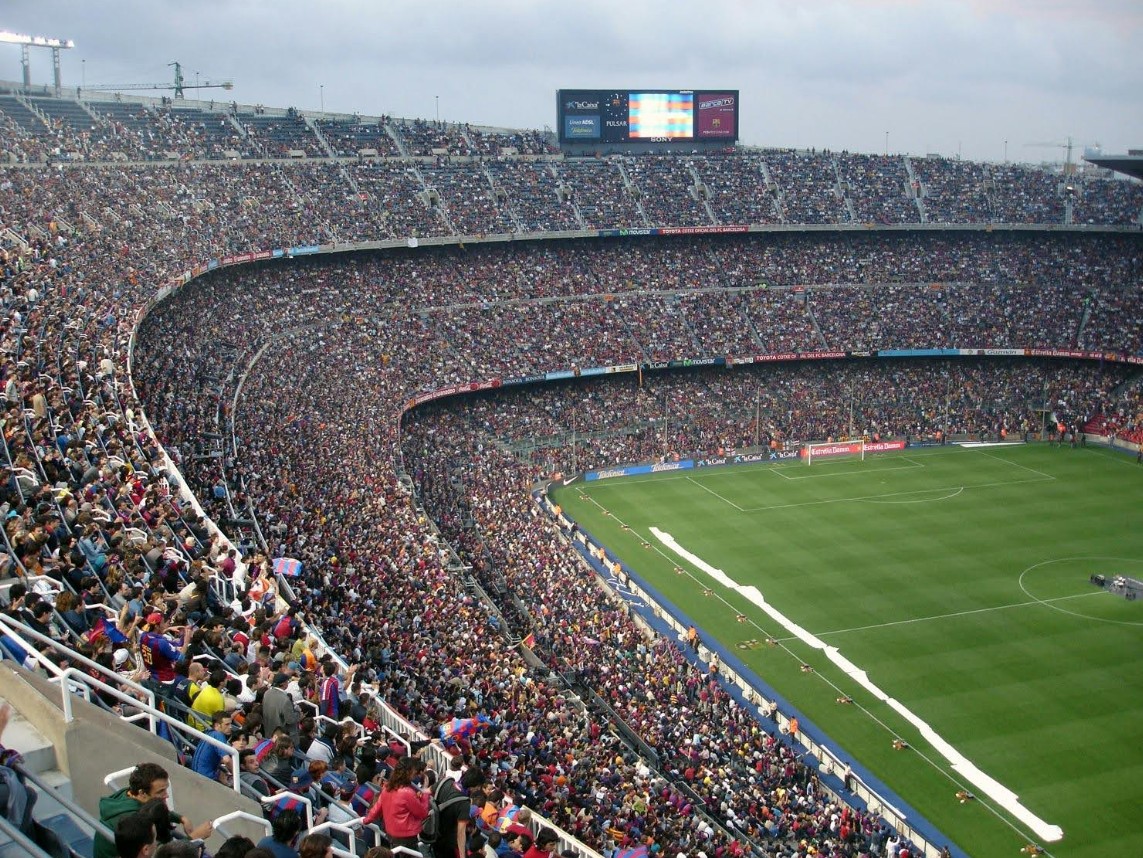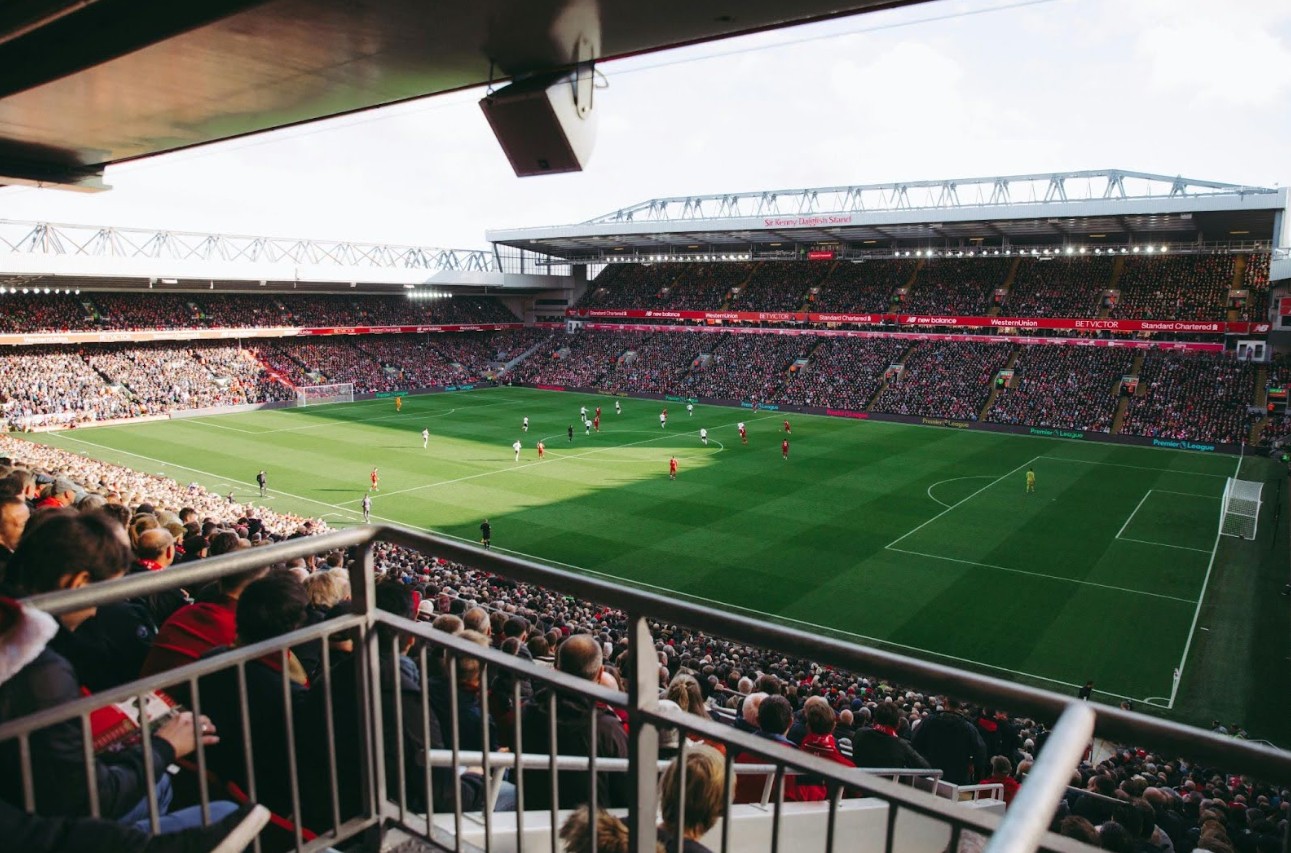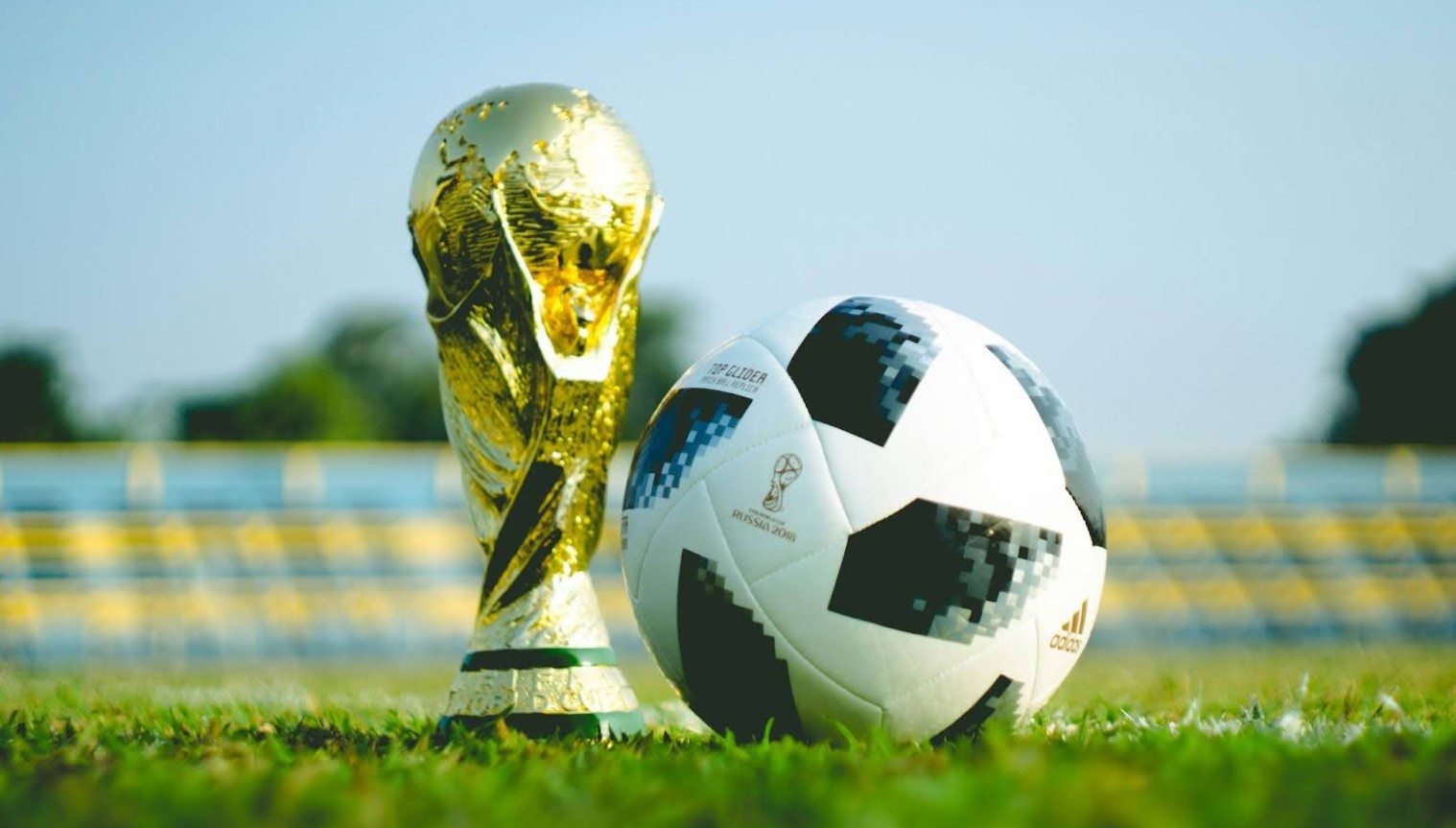Volleys, Audacious Chips, and Acrobatics: a Look Back at Some of the Most Memorable Goals in Euros History
Aside from the quantity, the European Championship
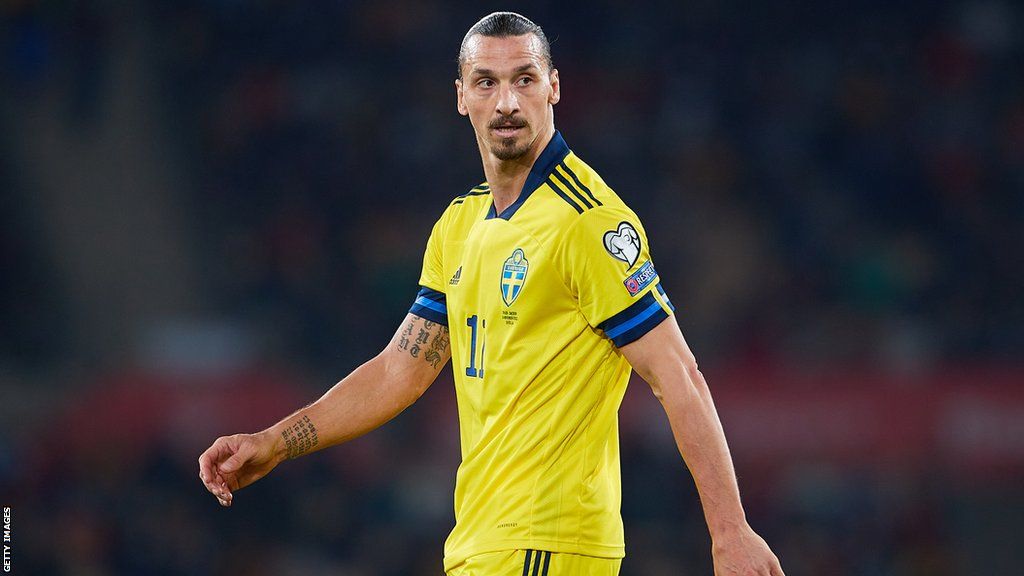
According to UEFA, Euro 2020 broke the record for most goals scored in a single tournament (142), and we expect a similar outing this summer as some of the best scorers in the world prepare to take the stage in Germany.
Aside from the quantity, the European Championships are no stranger to stunning goals and have blessed us with some of the most iconic finishes in football history. As the world looks forward to another tournament this summer, we revisit some of the greatest goals scored in Euros history. In no particular order, here are the top picks:
Zlatan Ibrahimovic vs. France (Euro 2012)
It's no surprise that Zlatan Ibrahimovic makes the list as his career is filled with jaw-dropping goals. But there's one particular goal of his that stands out in the European Championships: his stunning acrobatic delivery against France at Euro 2012, thanks to a superb cross from Sebastian Larsson.
Call it luck if you want, but it's hard to argue against the effort and sheer level of precision in whipping the ball into the far corner, giving Sweden the lead in the 54th minute en route to a 2-0 victory.
Marco van Basten (Euro 1988)
It is impossible to talk about European Championship goals without mentioning Marco van Basten's incredible volley that sealed the deal for the Netherlands' first-ever trophy. Many consider this goal the greatest of all time, and it's hard to argue.
The Dutch striker latched onto a perfectly timed cross from Arnold Mühren to beat Rinat Dasayev. It was an unimaginable attempt from a difficult angle, yet van Basten found a way to curl the ball into the back of the net.
John Jensen (Euro 1992)
John Jensen's strike at the Euro 1992 final against Germany is perhaps the most iconic goal in Denmark's history. Not necessarily for the technique but for the significance of the moment. It was the Danes' first appearance in a major tournament final, and their journey to reaching this stage in the competition was already a memorable one.
Many favored the Germans to win this matchup, but Jensen, who had never scored for his country in more than 50 caps, had other plans. With a stunner from the edge of the box, Jensen gave Denmark the lead in the 19th minute before Kim Vilfort sealed the win to cap off a fairytale run and hand the Danes their first and only title to date.
Frank de Boer (Euro 2000)
The Netherlands may have crashed out of the tournament in the semi-finals, but Frank de Boer's goal in Oranje's final group game against France, the World Cup 1998 winners and tournament favorites, will forever be etched in Dutch football history.
The legendary defender stunned the crowd with a thunderous free-kick that reminded the Frenchmen of Roberto Carlos’ iconic 30-yard strike in 1997. The only difference? This free-kick was taken so quickly, no one, not even goalkeeper Fabien Barthez, expected it.
Zlatan Ibrahimovic (Euro 2004)
Again, Zlatan Ibrahimovic with the wizardry, but this goal came early on in his senior career. It was a game against Italy in Group C Round 2 of Euro 2004. Italy took the lead in the 37th minute and looked poised to hold on to their slender lead as they hoped to qualify for the next round. But Ibrahimovic had an ace up his sleeve, scoring a realistically impossible goal in the 85th minute.
A contested ball in the box found its way to Ibrahimovic's path, and the then 22-year-old sensation flicked his heel with his back against the goalpost, directing the ball to the top-left corner of the net.
David Trezeguet (Euro 2000)
There will undoubtedly be a high demand for France tickets this summer as one of the tournament favorites hopes to secure another trophy since 2000. It was their second European title and it came courtesy of David Trezeguet's iconic golden goal in the finals against Italy.
This incredible goal was only the second goal in Euros finals history to decide a game under the now abolished “Golden Goal” rule, the first being Oliver Bierhoff's extra-time goal for Germany four years prior. A superb cross from Robert Pires into the 18-yard box was met with Trezeguet's left foot, sending the ball into the net to stun the Italians.
Maniche (Euro 2004)
Portugal found themselves in the semi-finals of Euro 2004 against the Netherlands, hoping to make it to their first major tournament final on home soil. Cristiano Ronaldo had put the tournament hosts in front, but it was Maniche's screamer that proved to be the final dagger. A quick corner kick pass from Ronaldo in the 58th minute set up the Champions League winner for a curling strike from the edge of the box to beat Edwin van der Sar.
Mario Balotelli (Euro 2012)
Italy’s Euro 2012 run ended in disappointment after suffering a 4-0 final defeat at the hands of reigning champions Spain. But one man who stood out for the Azzurri during their run was none other than Mario Balotelli. The then Manchester City striker was at the peak of his powers and showcased his goalscoring prowess in a 2-1 win against Germany in the semi-final.
The Germans had set an offside trap for Italy's point man, but he read the room and timed his run to meet a superb through ball from Antonio Cassano before slamming the ball into the top right corner. It was his second goal of the night and his iconic muscle flex celebration remains fresh in the minds of football fans.
Antonin Panenka (Euro 1976)
Four goals were scored in the 1976 European Championship final between Czechoslovakia and West Germany, but it is Antonin Panenka's ridiculous penalty kick, not deemed an official goal, that will forever be remembered. To this day, his audacious chip is considered one of the most iconic penalty kicks, not only in the Euros but in all of football. So memorable that the play was named after him.
Czechoslovakia had led Germany 2-0, but the defending champions equalized thanks to a first-half goal from Dieter Müller and a late header from Bernd Hölzenbein. With no winner at the end of regulation, the tie went to penalties, becoming the first European Championship final to be decided via a shootout. Both teams scored each of their first four penalties, but a Uli Hoeneß miss allowed Czechoslovakia to seal the win. Panenka stepped up to the occasion, drilling in an audacious chip to clinch the now-dissolved nation their only title to date.

